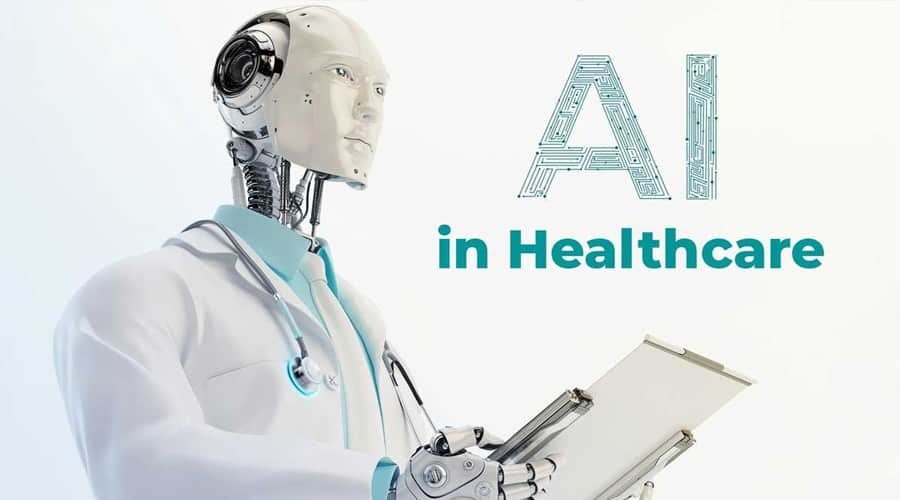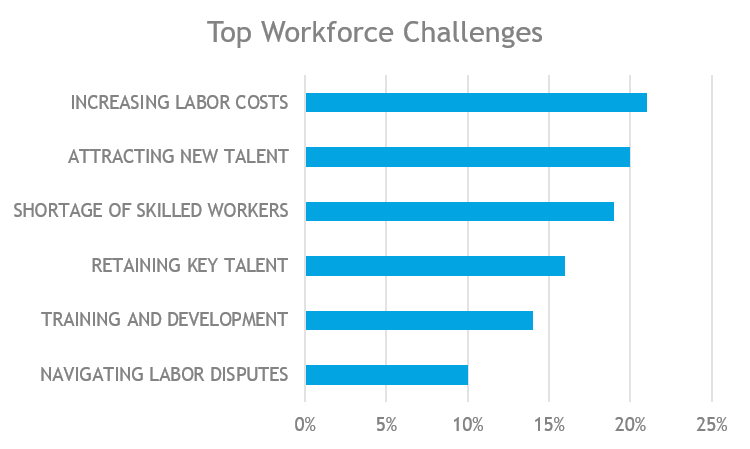Artificial Intelligence (AI) represents a new frontier in healthcare, fundamentally changing the way doctors treat patients and make diagnoses. Just as we previously discussed the rise of AI in software development, it’s now healthcare’s turn for a digital revolution.
AI’s Role in Patient Care
AI technology can process large quantities of data quickly, which can save doctors time and help them make more informed decisions. Not only that, but AI can also use predictive analysis to assess a patient’s risk of disease, taking into account factors such as age, lifestyle, and genetic history. This is akin to how AI assists in choosing the right antivirus software, analyzing various factors to make an informed decision.
AI and Disease Diagnosis
In the realm of disease diagnosis, AI shines brightly. With machine learning algorithms, AI can analyze complex medical imaging to detect anomalies. A recent report on BBC highlighted how AI outperformed human doctors in diagnosing certain diseases from mammogram images, demonstrating its potential to augment human expertise.
AI in Predicting Patient Outcomes
Machine learning can also predict patient outcomes, assisting doctors in developing more personalized care plans. It examines patient data, considering factors such as disease history, lifestyle, and genetics. This personalized approach, much like the customization of gaming experiences, can greatly improve the efficacy of treatments.
The Challenges of Implementing AI in Healthcare
However, the use of AI in healthcare isn’t without challenges. One significant hurdle is data privacy. Patients’ health data are sensitive, and there are laws, such as HIPAA in the U.S., that protect this information. Forbes has addressed this issue, highlighting the need for strict data security measures.
Another challenge involves overcoming the fear of AI among medical professionals. Some may worry about job security, just as we discussed in the article about the impact of automation on warehouse operations.
Embracing the Future of AI in Healthcare
Despite these hurdles, it’s clear that AI brings many benefits to healthcare. As technology advances, we’re likely to see more of its applications, much like the ongoing evolution of gaming from arcades to virtual reality.
From personalized treatment plans to more accurate diagnoses, AI is revolutionizing patient care. As the tech industry continues to evolve, so too will the healthcare industry, creating an ever-changing landscape of possibilities.
Remember, just as we adapt to new technologies in our daily lives, from the latest smartphone trends to the most innovative home appliances, healthcare professionals must also adapt to the changes brought about by AI. Through education and training, they can ensure they’re equipped to use these new tools to provide the best possible care to their patients.
Looking Ahead
Looking to the future, AI will undoubtedly play a pivotal role in healthcare. By improving efficiency, predicting outcomes, and aiding in the diagnosis of diseases, it promises to enhance patient care significantly. We can equate this potential to the exciting opportunities seen in other fields, such as the transformation of the entertainment industry through gaming.
In conclusion, we can confidently say that AI will continue to revolutionize healthcare, presenting exciting opportunities and challenges along the way. As technology continues to evolve, so will the strategies and techniques employed in the healthcare industry. And just as we strive to keep you informed about the latest developments in the tech world, from innovative marketing strategies post-pandemic to unlocking growth through tech disruption, we will keep an eye on how AI continues to reshape healthcare.




